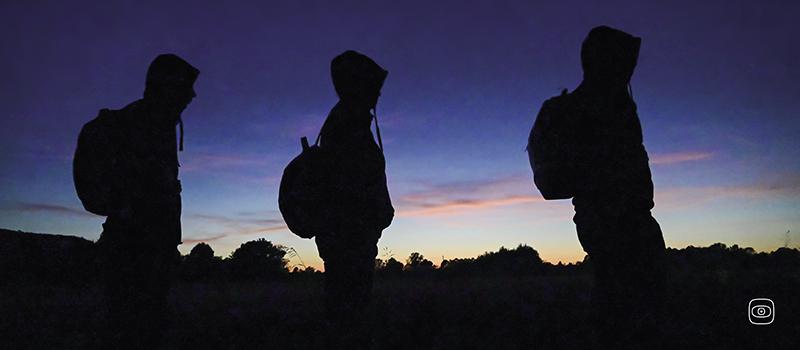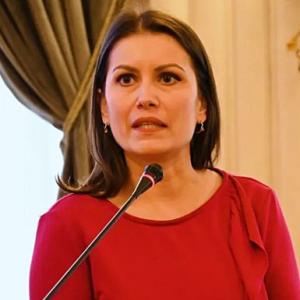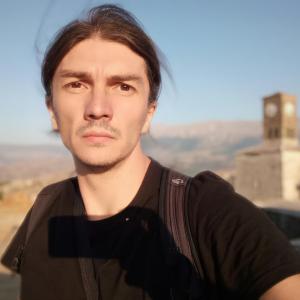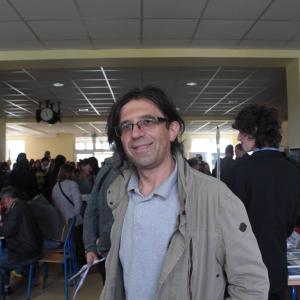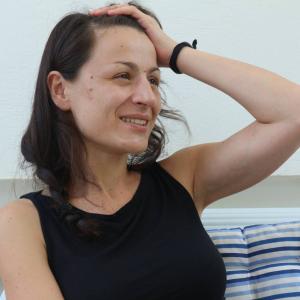Winner of Special Jury Award of the Tekka International Film Festival
Only a few of them get identified. An even smaller number get returned to their families in their countries of origin. Most of them are buried in local cemeteries, without taking a sample for DNA analysis. This actually means that their families will never know what happened to them or where their graves are. If one day they appear in the Balkans looking for their relatives, due to the lack of records, the institutions will not know which grave to exhume. These are neglected graves, in remote parts of local cemeteries. They are often overgrown with grass and trash. Even the dead are not treated with respect here.
Due to the efforts of activists, several cases have been resolved and families have received the conclusion they needed. The procedures are very complicated and financially out of reach for families. Institutions do not want to participate. Hope is provided by individuals in the system who knowingly violate legal procedures to help families.
One of those individuals is a pathologist in eastern Bosnia and Herzegovina, who takes a piece of bone from every drowned migrant and marks the grave. This sample he plans to keep as long as he is in this position, so families can more easily find their loved ones. Unfortunately, he is a lone example of good action. On the other side of the border, in neighbouring Serbia, the migrants are not even autopsied, but the bodies are immediately buried in unmarked graves.
We found a young man from Afghanistan whose brother drowned in front of him, on the border between Bosnia and Herzegovina and Croatia. The body was carried by the water to Croatia, while he remained in Bosnia and Herzegovina. It took months to transfer the body back to Bosnia and Herzegovina and bury it. The film was called "Brother" precisely because of this case.
